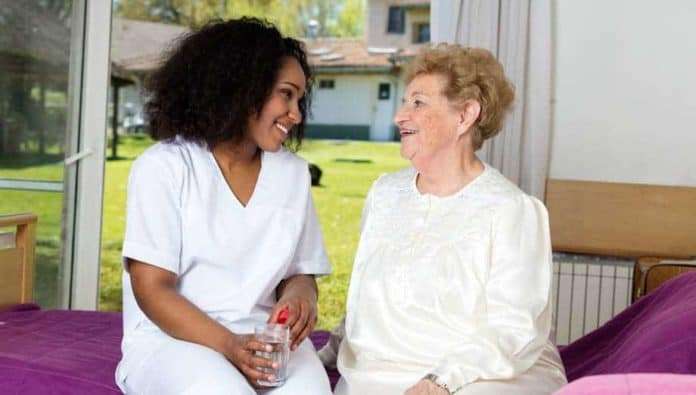Floridians in Seminole County can breathe a little easier with a new program providing at-home check-ups. According to the Orlando Sentinel, the Health Council of East Central Florida’s Community Paradmedicine program, which provides at-home check-ups for those with congestive heart failure and chronic illness, has recently been gaining traction.
Sharonlee Durys is just one of the new patients involved with the program. Durys has been living with congestive heart failure since her heart attack in 2014. However, her health has been looking up recently with the help of paramedics stopping by her home every few weeks.
“She’s a model patient,” said Marcus Prevot, the first paramedic to work with the Health Council’s paramedicine program. Every few weeks Prevot visits Durys to check her medications, blood pressure, and weight fluctuations.
The goal, Prevot says, is to help those suffering from chronic illness and fragility so they won’t end up in the emergency room later on.
“It’s about bringing care into the home and that’s why you don’t see us using an ambulance,” said Prevot.
Instead of an ambulance, the paramedics drive a sedan bearing the Community Paramedicine logo.
The Health Council’s program has been increasing in popularity in recent years, not because the program is new but because of a growing elderly population. By 2030, approximately 20% of the U.S. population will be over the age of 65.
However, it isn’t only a growing population of elderly Americans. The number of Americans with a chronic illness has also been on the rise.
Elderly and chronically ill Americans are more likely to frequent emergency rooms and hospitals after their first admission. The goal for many in the healthcare system is to reduce the number of hospital readmissions by providing regular follow-ups between doctor visits. The home health services of the Community Paramedicine program aims to do just that.
The Health Council of East Central Florida began its first project with Prevot at the Orlando Health’s South Seminole Hospital with a $260,000 Innovation grant from Florida Blue Foundation.
However, other health organizations are developing similar programs. As many as 24 organizations in Florida utilize a form of community paramedicine and states such as Colorado, Maine, and Minnesota have been taking steps toward recognizing community paramedics as a profession.
Although many legislative battles have yet to be won, the results of the programs have shown promise. The Health Council executive director Ken Peach stated that none of the patients with heart failure participating in the community paramedicine program have been readmitted to the hospital as of February 20.
“Our program is still in [the] early stages,” said Peach, but results so far are exciting.”
East Florida Paramedicine Program Gaining Popularity Among Elderly Patients
Author Profile


